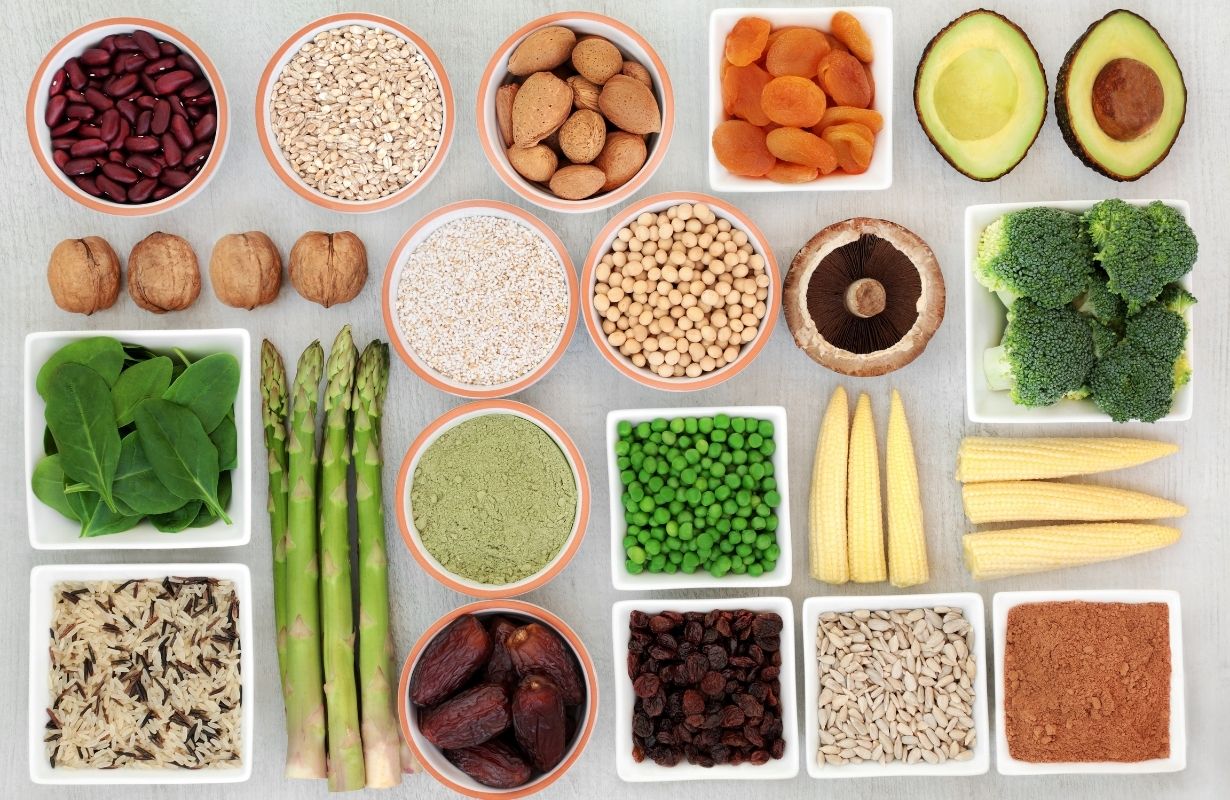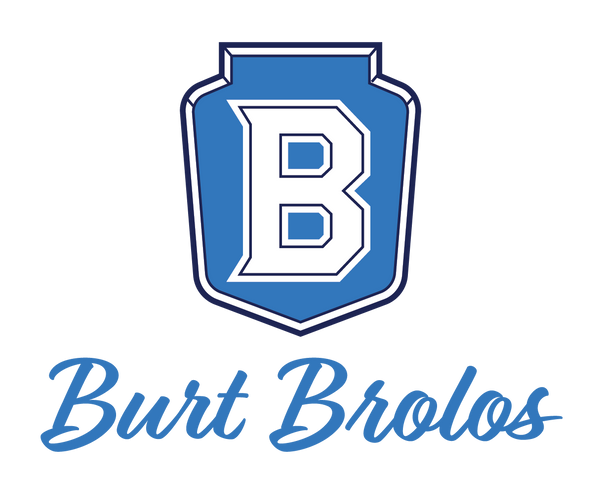Hey guys,
Keenan and I are always trying to leave this world better than we found it. Brolos is the first step. But Brolonation keeping this world viable for the next generations is our next step.
Join the party by educating yourself with unbiased sources and follow our lead with these small daily steps so you too can help leave this world better than you found it.
Step 1: Pick up 1 piece of trash a day

The Problem:
- 15% to 40% of littered or dumped plastic enters the ocean each year.
- One garbage truck of plastic is discarded into our oceans every minute.
- Two-thirds of plastic pollution comes from litter being washed down rivers and drains, left on beaches, or being dropped in towns or cities.
Sources: https://www.sciencemag.org
https://www.condorferries.co.uk/plastic-in-the-ocean-statistics
What you can do:
- Everytime you walk your dog, pick up a piece of trash!
- Everytime you go to the beach, pick up a piece of trash!
- If you see a piece of trash next to a trash can, pick it up and throw it away!
- Pick up one at least 1 piece of trash every day!
- But don't forget to wash your hands and don't touch your face.
Dad instilled this rule in me and Keenan since we were young. The thought is that if everyone in the whole world picked up a piece of trash everyday the world would be literally litter-less. The more litter you pick up the more likely you will never litter again. Give it a shot. It feels great.
Step 2: Eliminate Single Use Items (especially Plastic!!!)

The Problem:
- We produce 300 million tons of plastic each year worldwide, half of which is for single-use items. That’s nearly equivalent to the weight of the entire human population.
- Left alone, plastics don’t break down; they break up. For wildlife, microplastics can be particularly dangerous.
- Beached whales have been found with stomachs full of plastic trash. Recent studies found plastic in the guts of 90% of seabirds and 100% of turtles.
- Big companies and the mainstream media have manufactured demand for plastic items even though they are terrible for our environemt.
Source: https://www.nrdc.org/stories/single-use-plastics-101#avoid
What you can do:
- Watch A Plastic Ocean (Currently on Netflix)
- Assess single use plastic in your life and improve anywhere you can. Below are some areas where we improved
- Reusable shopping bags and even reusable bags for produce!
- No more plastic water bottles (Tap water is tastier, cheaper, and better for the environment than you are told)
- Silicone Lids or Bees Wrap to replace Saran Wrap
- Sodastream for bubbly waters
- Silicone bags to replace single-use Zip-Locs
- No more single use coffee pods (or use compostable pods!)
- Gum, glitter, corks, and much much more
- Styrofoam is the devil!!!!
- Pretend you are camping and carry a to-go kit everywhere you go
- Reusable water bottle
- Reusable coffee mug
- Reusable utensile set
- Cloth napkin
- Food storage container
- Buy in bulk to reduce the amount of plastic packaging that just gets tossed in the trash.
- Ask your favorite companies if you can get their products without plastic, your current employer especially.

Step 3: Minimize food waste

The Problem:
- Up to 40% of the US food supply is wasted each year ($1,600 a year per family!)
- 97% of food waste goes to landfills.
- Food waste in landfills is the 3rd largest source of methane, which is produced because there is not enough oxygen to break it down properly.
- Grocery stores cause 10% of all food waste
Sources: https://www.rts.com/resources/guides/food-waste-america/
https://www.dumpsters.com/blog/grocery-store-food-waste-statistics
What you can do:
- Watch Just Eat It (Currently on Amazon Video)
- Plan your meals and your leftovers. Having tacos? Make nachos the next day for lunch!
- Understand the dates on your food. Most of the time they are “best if used by” and not "expiration".
- Embrace imperfect produce! We use Imperfect Foods and love it.
- Put food waste into your compost bin. We bought a kitchen compost bin with compostable bags. It is working great!
- Buy frozen produce. It lasts longer than fresh produce, reducing the amount of food waste.
Step 4: Eat more plant based meals

The Problem:
- Even without fossil fuels, we will exceed our CO2e (one type of greenhouse gas) limit by 2030, all from raising animals.
- Right now, if we stopped producing and eating animal based food, we would instantly solve our global warming problem.
- 2,500 gallons of water is needed to produce 1lb. of beef.
- Animal agriculture is big business with a ton of clout in our political system through lobbyists, which is why you never hear anything about how eating meat is terrible for the environment.
Source: https://www.cowspiracy.com/facts
What you can do:
- Watch Cowspiracy (currently on Netflix).
- Eat less meat and dairy! If you haven’t tried this yet, start with one day a week (AKA Meatless Mondays).
- Try some meat alternatives. We have tried the Beyond Meat burgers and Lifeline breakfast sausage patties and they are actually pretty good.
- We heard Fork Over Knives and Minimalist Baker have good recipes.
- Let us know what food or recipes we should try out!
Step 5: Vote!

The Problem:
- Big companies are more worried about their bottom line than being environmentally sustainable. And they have lobbyists with a lot of money behind them to guide the political system where they want it to go.
What you can do:
- Educate yourself through unbiased sources (starting with these documentaries)
- Email your representative in Congress and your favorite companies and tell them how much this means to you.
- Vote to protect our environment!!!!!
- And vote with your money too. Support the companies doing good things for our world.
But There Is Hope
Below are some cool ideas to solve some of these problems. Where there is a will there is a way, and it is probably followed by some awesome engineering. What's your idea?
- Ocean Plastic Clean-Up is doing some awesome engineering with goal of putting a serious dent in our plastic problem.
- Enzyme that eats plastic will be a game changer for eliminating plastics.
- New Technologies are being developed that converts plastic to biofuel.
- The Plastic Bank is an organization that is trying to eliminate ocean plastic while improving the lives of those who help collect it.
- Germany passed a law that companies are monetarily responsible for the waste they make when selling their products, which has led to amazing sustainable results.
What we are doing:
All Brolos are shipped with paper products or reused plastics. More to come...
Thank you,
-Colin (Keenan & Juni) Burt


2021 Update!
Brolonation’s Uncle Randy Burt is doing some awesome stuff milking the rain for all it’s got down here in the city of angels.
He reclaims rain through his gutters and uses it to water his awesome backyard.




Definitely on my house list once I own my own. Great job RB 😎🤙
P.S. Buy a Brolo so we can keep doing our part to save the world. We promise to stay small and keep good people and the environment our #1 priority.

